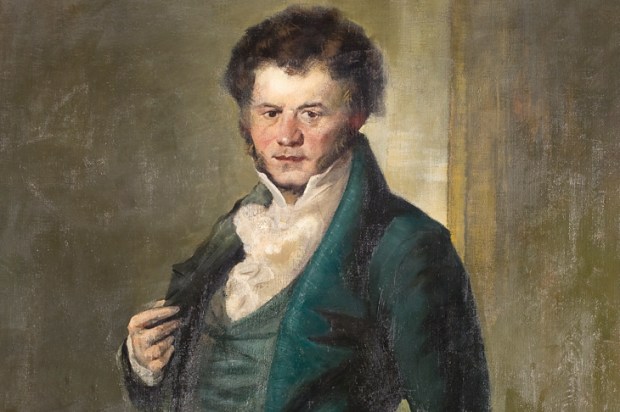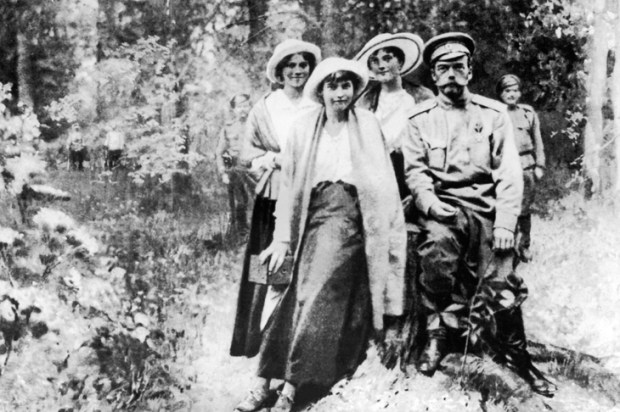Seven years ago Stella Tillyard, a successful historian of the 18th century, broke into historical fiction with Tides of War. This historically faithful and scrupulously detailed Napoleonic saga was thought in some quarters to have met its period’s gold standard: Patrick O’Brian’s Jack Aubrey novels. It also received the accolade, now obligatory for success in the genre, of being worthy of Hilary Mantel.
For her second novel, Tillyard has adopted a fresher, braver setting — Cromwellian East Anglia, framed with 1660s New Amsterdam, the Dutch American capital about to succumb to the restored Charles II’s greed. In 2016 Francis Spufford produced Golden Hill, a hit of Mantelian proportions, set in the same city, by now 18th-century New York. A knowledge of Spufford’s novel will make Tillyard’s cultural and physical backdrops familiar — respectively fascinatingly cosmopolitan and somewhat drab — but invites a particularly odious comparison when it comes to these novels’ protagonists.
Spufford’s young adventurer Mr Smith has wit, charm, and a gripping secret. Tillyard’s Dutch engineer has another Everymannish name, Jan Brunt (Dutch for John Brown), but in his case this feels like more of an essence than a guise. He has a secret, too, but only in the same sense as the Ancient Mariner. With the character of Brunt, one feels one is being cornered by a pub bore too prissy for pubs.
Brunt’s reminiscences of working for a drainage scheme under the Commonwealth are about as titillating as they sound, despite one sharp glimpse of the Lord Protector (‘his scalp is pink and visible’). The inevitable love affair fails to pep things up. ‘I have the sensation when I see you that I am looking as an astronomer does when the stars in all their majesty are suddenly brighter,’ Brunt rambles, as the reader morphs unstably into his muse; but such blinded gazes rarely succeed in conveying any impression of the object concerned.
Doubtless realising her sober Dutchman’s limitations, Tillyard suddenly hands the narration to the so far scarcely leading lady, a brilliant move. The wimpish, self-involved Brunt is succeeded by a splendid, pagan, 17th-century heroine of the Moll Flanders sort, her gleeful confession delivered, blessedly, in the past tense. Undeniable feminist credentials liberate her from any obligation to be otherwise morally admirable. At last this Puritan read lets a little Restoration hair down — before Brunt, alas, retrieves control for a few pages of maundering semi-resolution.
Got something to add? Join the discussion and comment below.
Get 10 issues for just $10
Subscribe to The Spectator Australia today for the next 10 magazine issues, plus full online access, for just $10.
You might disagree with half of it, but you’ll enjoy reading all of it. Try your first month for free, then just $2 a week for the remainder of your first year.














Comments
Don't miss out
Join the conversation with other Spectator Australia readers. Subscribe to leave a comment.
SUBSCRIBEAlready a subscriber? Log in